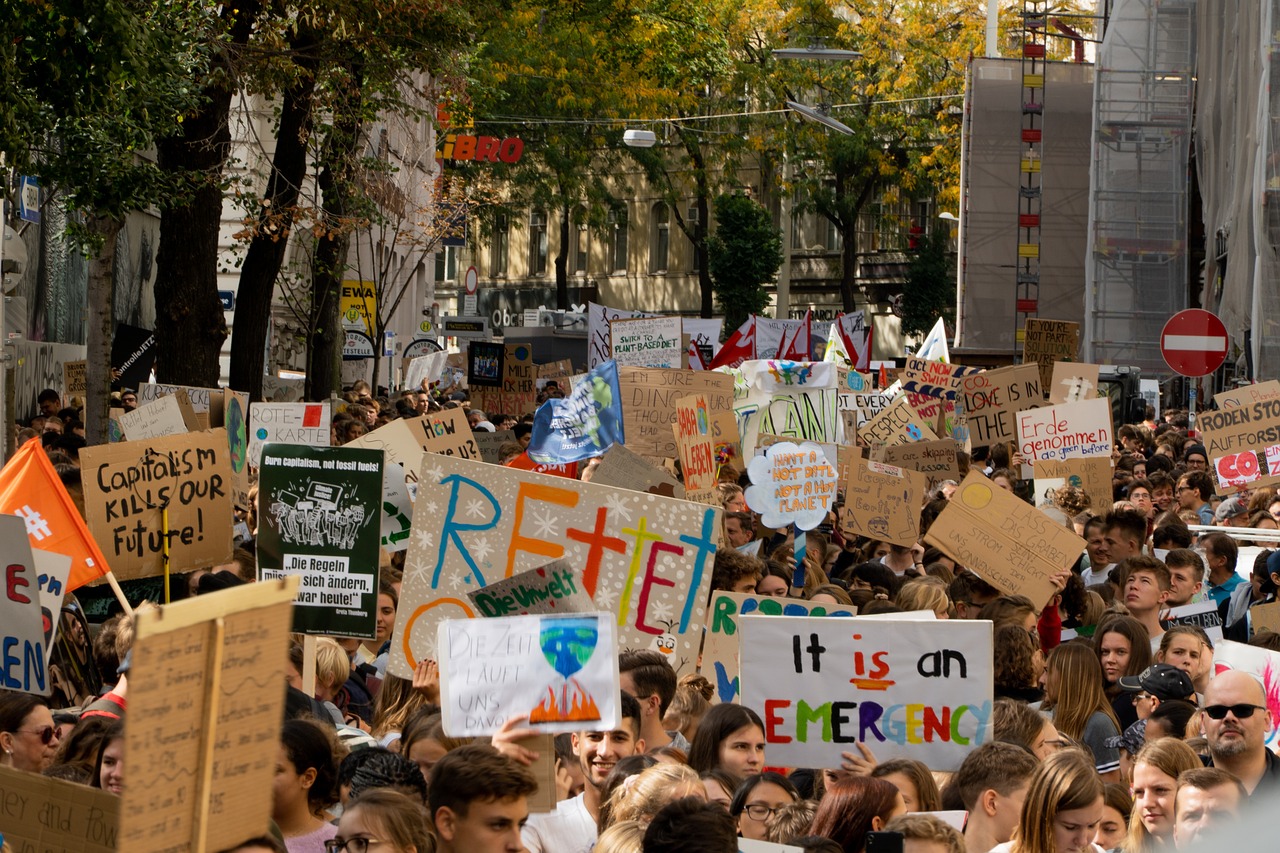How can sports serve as a platform for promoting environmental awareness and action?

With the increasing threats of climate change and its impacts on the global environment, the need for sustainable practices in every aspect of our lives is more important than ever. In this context, sports, as a globally loved and followed industry, has a crucial role to play. The intersection of sports and environmental sustainability is a burgeoning area of discourse, with the potential to significantly contribute to environmental awareness and action. This article delves into the ways sports can serve as a effective platform for promoting environmental consciousness and sustainability actions.
The Role of Sports in Society
Sports are much more than just games. They are a significant social phenomenon that shape and are shaped by the societies in which they exist. Social interactions, community building, physical health, personal development, economic activity, and national pride are all dovetailed with the world of sports. They have the power to unite people across different cultures, backgrounds, and ideologies, making them an influential platform with global reach.
A lire aussi : What are the implications of virtual and augmented reality technologies in sports training and education?
The sports industry, with its large-scale events, extensive infrastructure, and millions of followers, has a significant environmental footprint. However, it also presents a unique opportunity to educate and influence a vast audience about the importance of sustainable practices and environmental protection.
Leveraging Sports for Environmental Awareness
Sports can serve as an excellent vehicle to spread environmental awareness. Athletes, teams, and sports organizations can use their influence to educate fans about the impacts of climate change, the importance of sustainable practices and the role each individual can play in mitigating environmental damage.
A découvrir également : How can biomechanical analysis improve technique in precision sports like archery or shooting?
Many sports organizations are already taking steps in this direction. For instance, the International Olympic Committee, through their Sustainability Strategy, aims to minimize the environmental impact of the Olympic Games and promote sustainability among its stakeholders and wider sports movement. Such initiatives not only contribute to environmental protection but also create visibility for these issues among a global audience.
Green Sports Events: Setting a Sustainable Standard
One of the significant ways in which sports can promote environmental action is by greenifying sports events. Incorporating sustainable practices in the organization and execution of these events decreases their environmental impact and sets a tangible example for fans and other industries alike.
Green sports events can include measures like efficient energy and water use, waste management, and transportation strategies that minimize carbon emissions. The UCI Road World Championships in Bergen, Norway, for example, became the first event of its kind to be certified as sustainable by the Global Sustainable Tourism Council. These events show that it is possible to host large-scale events that are both enjoyable and environmentally friendly, encouraging others to follow suit.
Sustainable Sports Infrastructure: Building a Green Future
Another key area where sports can promote environmental actions is through the development of sustainable sports infrastructure. Stadiums, training facilities, and other sports infrastructure have a substantial environmental impact due to their energy use, water consumption, waste production, and land usage.
By designing and operating these facilities in a sustainable manner, sports can significantly reduce their environmental footprint. The use of green building materials, energy-efficient systems, rainwater harvesting, and waste recycling are some of the ways sports infrastructure can become more sustainable.
Take the example of the Mercedes-Benz Stadium in Atlanta, USA, which is the first professional sports stadium in the country to achieve LEED Platinum certification for its sustainable design and practices. These examples serve as models for the wider construction industry and contribute to a culture of sustainability.
Empowering Individuals: Sports and Personal Sustainability
In addition to macro-level changes, sports can also influence personal behavior towards sustainability. Encouraging fans to take actions like recycling at sports events, using public transportation, or avoiding single-use plastic can have a significant cumulative impact.
Moreover, sports can also promote personal health and sustainability through physical activity. Regular physical activity has numerous health benefits and contributes to the prevention of diseases like obesity, heart disease, and diabetes. Moreover, active transport like walking or cycling to sports events or activities can contribute to reducing carbon emissions.
In sum, sports have the potential to be an influential platform for promoting environmental awareness and action. Through strategic measures at various levels – from green event management and sustainable infrastructure development to personal sustainability actions – sports can significantly contribute to our global sustainability goals.
Breaking New Ground: Sport Organizations and Climate Action
Sport organizations have a vital role to play in advancing global climate action and sustainable development. They have the power not just to implement sustainable practices, but also to inspire millions to do the same. Their actions can contribute to growing awareness and understanding of the pressing need for environmental sustainability, and motivate similar efforts across other sectors.
One notable example is the United Nations’ Sports for Climate Action Framework. This initiative seeks to drive emission reductions of sports operations and to leverage the global popularity of sports in fostering climate literacy. Sport organizations that sign up to the framework commit to reducing their carbon footprints in line with the Paris Climate Agreement, and to use their platforms to educate fans about climate change.
Moreover, according to a study on Google Scholar, sport organizations can also promote the natural environment through their community engagement activities. This could be through initiatives like clean-up drives, tree-planting activities, and campaigns that advocate for the protection of natural resources.
Furthermore, the planning and construction of sports facilities can also be done in a way that respects and preserves the natural environment. For instance, sports facilities could be designed to have a minimal environmental footprint, and to use renewable energy sources, efficient water systems, and sustainable materials wherever possible.
On the other hand, sport industry leaders and sports physical professionals should advocate for policy changes that promote environmental sustainability. They can use their influence to call for the integration of sustainable practices in sport development, and to highlight the importance of climate action in sports governance.
Conclusion: Sports – An Ally for a Sustainable Future
In conclusion, sports can be a powerful force for promoting environmental awareness and action. The reach and influence of the sports industry offer a unique opportunity to educate a wide-ranging audience about the importance of climate change and the need for sustainable practices. From green sports events and sustainable sports infrastructure to personal sustainability actions and policy advocacy, sports can be a game-changer in achieving our global sustainability development goals.
Furthermore, the intersection between sport and the environment goes beyond just reducing the environmental impact of sports. It is also about harnessing the power of sports to drive sustainable development, peace, and social progress.
In light of the growing threats of climate change, the sports industry must take a proactive stance and use its influence to contribute to global environmental sustainability efforts. It is crucial for sport organizations, athletes, fans, and stakeholders to actively participate in this endeavor. Let us harness the power of sports to create a better, greener, and more sustainable future for all.
In the words of the United Nations, "Sport has the power to change the world". Let’s use this power to protect and preserve our natural environment, and to promote a sustainable future for us all.
